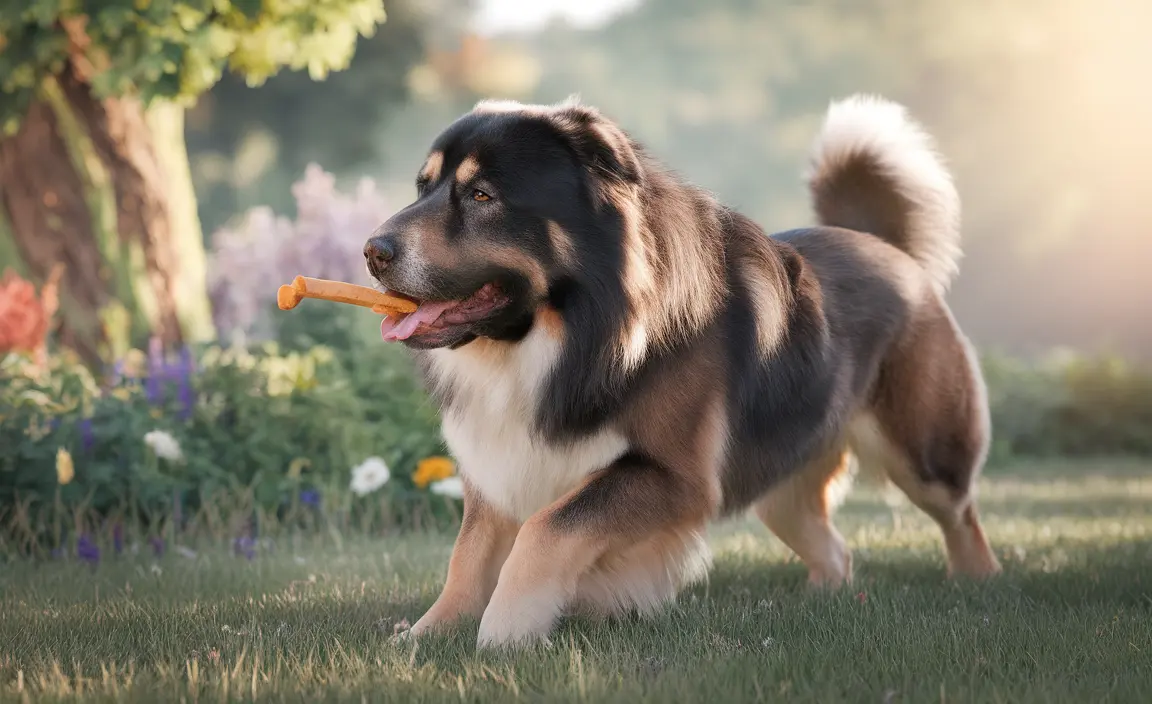Dog owners are always on the lookout for safe and engaging treats that can keep their furry friends entertained while promoting dental health. Yak cheese chews have emerged as a popular option, but many pet parents wonder about their safety and effectiveness. In this comprehensive guide, we'll dive deep into everything you need to know about yak cheese chews for dogs.
What Are Yak Cheese Chews?
Yak cheese chews are unique dog treats originating from the Himalayan region, crafted through a traditional process that transforms yak and cow milk into a hard, long-lasting chew. Unlike many commercial dog treats, these chews are made using a simple recipe of yak milk, cow milk, lime juice, and salt, with no artificial preservatives or additives.
Nutritional Benefits of Yak Cheese Chews
These innovative treats offer more than just entertainment for your canine companion. Packed with protein and calcium, yak cheese chews provide several nutritional advantages:
- High protein content supports muscle development
- Natural calcium source for bone health
- Low-fat alternative to many commercial treats
- Easily digestible when consumed in small pieces
Dental Health Considerations
One of the primary attractions of yak cheese chews is their potential dental benefits. The hard texture can help scrape away plaque and tartar, potentially reducing the risk of dental disease. However, pet owners must exercise caution, as the hardness can also pose risks to dogs with existing dental issues.
Potential Dental Risks to Watch For
- Excessive hardness may chip or crack teeth
- Not suitable for dogs with pre-existing dental problems
- Requires careful monitoring during chewing
Safety Guidelines for Yak Cheese Chews
To ensure your dog's safety while enjoying these treats, follow these critical guidelines:
- Always supervise your dog while chewing
- Select the appropriate size for your dog's breed and chewing style
- Remove the chew when it becomes small enough to swallow whole
- Consider softening the chew in water or microwave to reduce hardness
- Introduce gradually and observe your dog's chewing behavior
When to Avoid Yak Cheese Chews
Not all dogs are ideal candidates for yak cheese chews. Pet owners should be cautious with:
- Puppies with developing teeth
- Dogs with known dental issues
- Aggressive chewers who might break large pieces
- Dogs with sensitive stomachs or specific dietary restrictions
Expert Veterinary Perspectives
Veterinarians offer mixed opinions on yak cheese chews. While some praise their natural composition and potential benefits, others recommend caution. The consensus is clear: know your individual dog's chewing habits and consult with your veterinarian before introducing these treats.
Frequently Asked Questions
Are yak cheese chews safe for dogs with sensitive stomachs or allergies?
Most dogs tolerate yak cheese chews well, but dogs with dairy sensitivities should avoid them. Always introduce new treats gradually and monitor for any adverse reactions.
How do I choose the right size of yak cheese chews for my dog?
Select a chew larger than your dog's mouth to prevent choking. Smaller dogs need smaller chews, while larger breeds require appropriately sized treats that match their chewing strength.
Can yak cheese chews help improve my dog's dental health, and how do they work?
The hard texture helps scrape away plaque and tartar as dogs chew, promoting dental hygiene. However, they should not replace regular tooth brushing or professional dental cleanings.
How can I prevent choking hazards when giving yak cheese chews to my dog?
Always supervise chewing, remove the chew when it becomes small, and choose the correct size for your dog. If large pieces break off, remove them immediately to prevent choking or intestinal blockage.
Are yak cheese chews too hard for puppies or dogs with dental issues?
Yes, puppies and dogs with existing dental problems should avoid these hard chews. Consult your veterinarian for age-appropriate and tooth-friendly alternatives.






